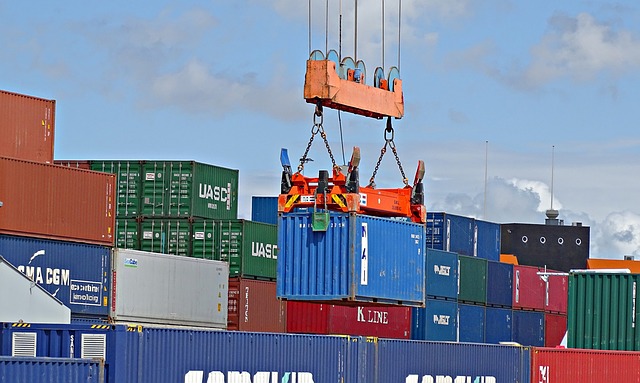- The newly formed Philippine Trade Facilitation Committee will enable MSMEs to broaden their access to global value chains
- Created through Executive Order No. 136, PTFC is primarily tasked to streamline trade processes and modernize customs operations
- Harmonizing Philippine trade processes and modernizing customs operations will make trade transactions cheaper
The newly formed Philippine Trade Facilitation Committee (PTFC) will enable the country’s micro, small and medium enterprises (MSMEs) to participate actively in international trade and broaden their access to global value chains, according to Finance Secretary Carlos Dominguez III following the body’s first meeting on June 16.
READ: EO creates trade facilitation committee to improve PH customs procedures
Created under Executive Order 136, the PTFC is primarily tasked to streamline trade processes and modernize customs operations.
The work of PTFC is “especially critical for the micro, small and medium enterprises or MSMEs that often do not have the financial capacity to overcome the inefficiencies of the trading system and lack access to the global markets. What we aim to accomplish here will allow them to actively participate in international trade and broaden their access to the global value chains,” Dominguez, who is also the PTFC chairman, said in a statement.
The spillover effects of improved trade processes and customs administration will, he added, create more jobs, bring in more possible investments, and help advance skills and capabilities of Filipino workers and local entrepreneurs.
“All these will support the sustainable and long-term growth of the economy,” said Dominguez.
The expansion of the Philippines’ trade markets is among vital factors that will aid in the country’s post-pandemic recovery, he noted, which is why the government must continuously strive for a modern, more efficient administration of customs standards, rules and processes.
“The role of this committee is very crucial to the attainment of that goal. This committee was not just created to simply comply with our commitments under the World Trade Organization. This was formed to ensure that we remain competitive in the continuously evolving global trade landscape,” Dominguez said.
Trade and Industry Secretary Ramon Lopez is co-chair of the PTFC, with the Bureau of Customs serving as committee secretariat.
Dominguez said harmonizing the Philippines’ trade processes and modernizing customs operations will allow the country to thrive in the digital economy; make trade transactions cheaper, more efficient and transparent; enhance revenue generation; and allow the government to pinpoint sources of administrative inefficiencies and corruption.
This will also lead to a more conducive trading environment for businesses, which in turn will increase the country’s trade volumes and reduce costs for both consumers and producers, he added.
Other PTFC members are ranking officials from the Departments of Agriculture, Foreign Affairs, Environment and Natural Resources, and Transportation; National Economic and Development Authority; Tariff Commission; Bangko Sentral ng Pilipinas; DTI-Bureau of International Trade Relations; DTI-Bureau of Import Services; Food and Drug Administration; and Philippine Economic Zone Authority.
Official representatives of the member-agencies to the PTFC were appointed during the June 16 meeting.
Also invited to the meeting were representatives from the World Bank, who briefed the PTFC on the role of national trade facilitation committees and shared best practices of other countries.
The WB in October last year approved the US$88 million loan for the Philippines Customs Modernization Project, a program expected to improve the country’s customs administration through streamlining, automation, and development of a world-class customs processing system.
The PTFC is tasked to study, propose, and coordinate the position, activities, or actions of the Philippine government on matters pertaining to the implementation of the WTO-TFA and other trade facilitation commitments.
It should also coordinate with and get assistance from relevant government agencies and stakeholders on various trade and trade-related concerns covered by the WTO-TFA and other trade facilitation commitments.
PTFC enables the Philippines to comply with its World Trade Organization-Trade Facilitation Agreement commitments.
The WTO-TFA mandates each member state to establish and/or maintain a national committee on trade facilitation, or designate an existing mechanism to facilitate both domestic coordination and implementation of the provisions of the agreement.
The Philippines ratified the WTO-TFA in 2016 and the agreement entered into force in 2017.





